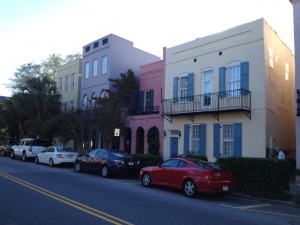 Associations can be reluctant to get a reserve study for a number reasons. There can be a general misunderstanding of what a reserve study does and what it accomplishes. Here are some of the most notable reasons community associations hesitate to get a reserve study:
Associations can be reluctant to get a reserve study for a number reasons. There can be a general misunderstanding of what a reserve study does and what it accomplishes. Here are some of the most notable reasons community associations hesitate to get a reserve study:
We Can Do It Ourselves
This sentiment is pretty common. There are some times when a community can do an in-house reserve study–particularly when an association is small and only has a few assets. However, most board members will not feel confident enough to project costs, remaining lives, replacement costs, and funding for all of their community’s assets. And even if they do feel confident enough to try, they may not come up with all of the proper reserve items to begin with.
We Already Know All of the Items
Knowing all of the reserve items is only a portion of the reserve study. In addition, you also need to know the remaining life, useful life when new, replacement cost, and economic data to accurately complete the reserve schedule. It also should be noted that many times a reserve analyst will find items around the community to be included in the reserve schedule that are currently not being reserved for.
Will Our Dues Increase Sharply?
This may be the biggest fear. Remember, reserve studies are not spending your money, rather they are advising you on how to fund money for future repairs and replacements. The key point to consider is that if unit owners can not easily afford dues/assessments increases, they will have a lesser chance to afford a special assessment of several thousand dollars if there is not enough money to fund a repair. This is why the concept of funding reserves is powerful–pay as items depreciate, not when they are completely depreciated and need an emergency replacement.
Cost
Reserve studies generally cost between $1000 – $4000. Some associations may choose to minimize expenses as much as possible, so the fee alone may be off-putting. However, associations would be wise to realize the value that reserve studies create. A reserve study will be objective and will help you organize how to go about funding for future expenses at the current time, minimizing risk of not enough funds to do repairs or replacements around the community. The longer that a community waits to properly fund for reserves, they are creating a bigger deficit they will have to fund in the future.